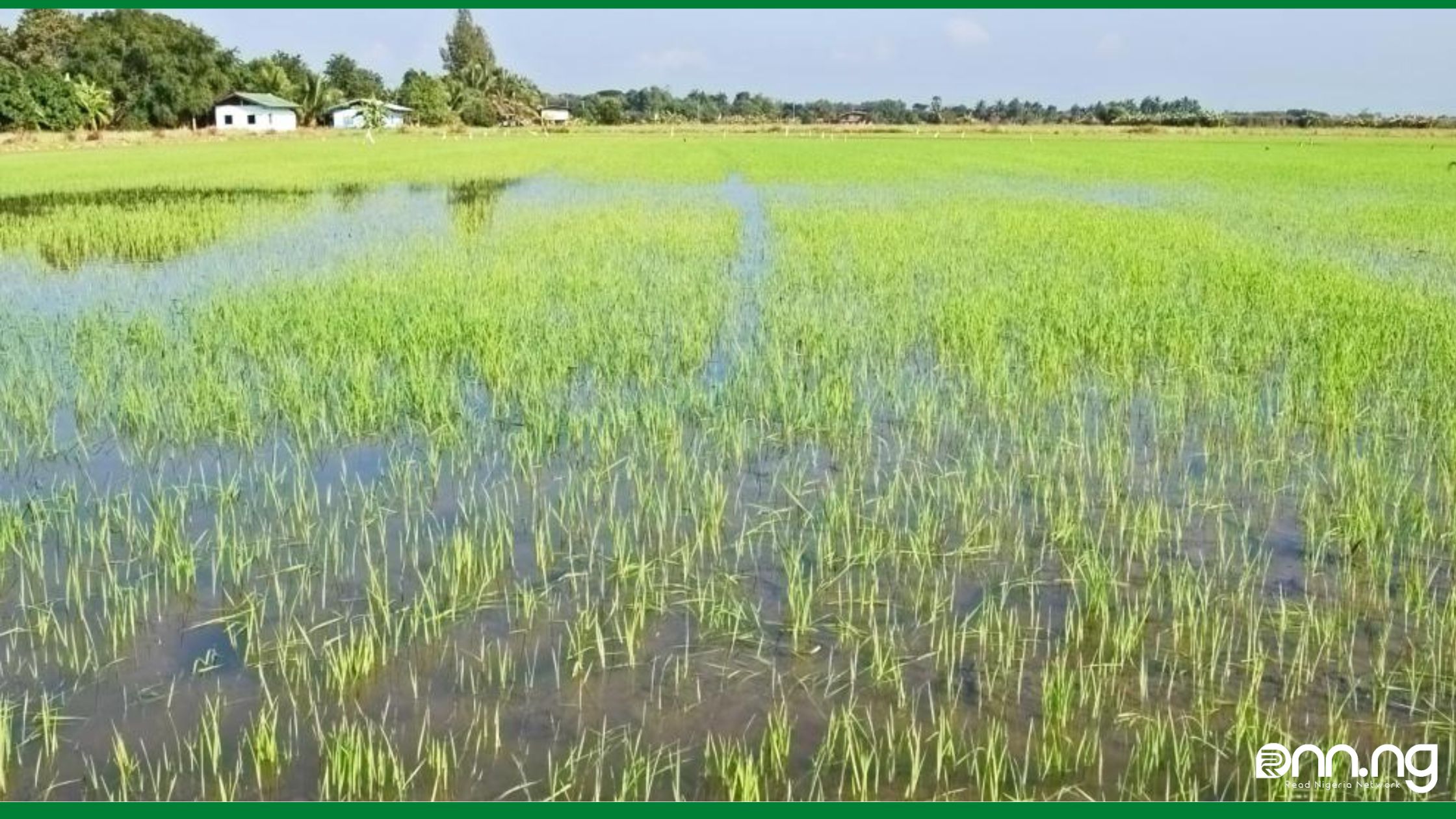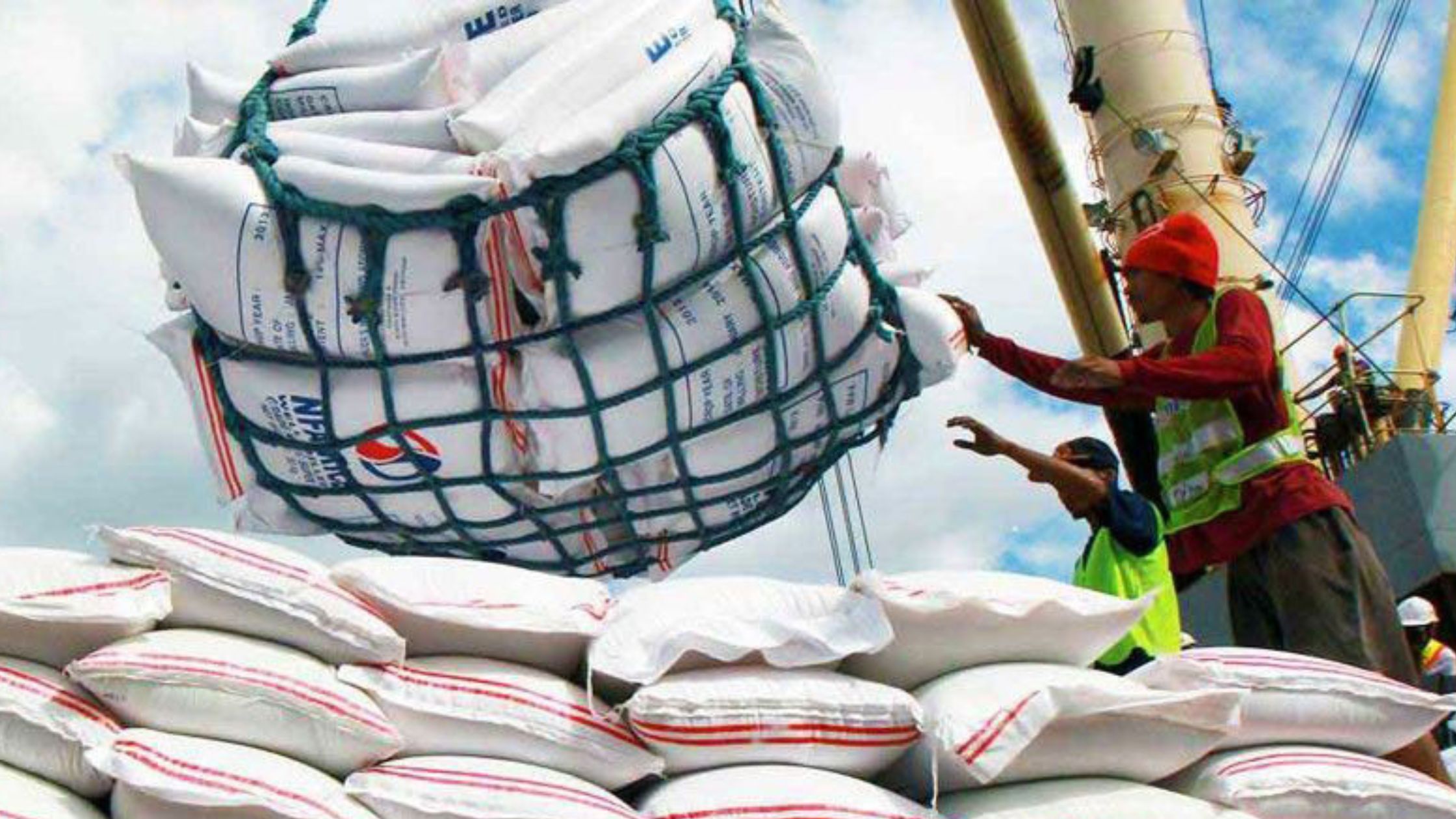Business News
Food Insecurity: Nigeria’s rice production will decline due to flooding
Due to recent flooding and insecurity that have damaged rice-growing areas, it is expected that Nigeria’s rice production will decline…

- Nigeria’s rice production will decline
- Nigeria’s Rice Importation falls by 98.4% in 7 months
Due to recent flooding and insecurity that have damaged rice-growing areas, it is expected that rice production will decrease by 7% during the marketing year, which runs from October to September 2023.
In its most recent “Nigeria grain and feed update,” the United States Department of Agriculture claims this.
The USDA reports that households have begun to notice a significant spike in the average price of bags of rice, up by roughly 50%, in some cases reaching N45,000 from N31,000. It stated that a decrease in production from 8.4 million metric tons in 2021–2022 to 7.8 million metric tons was anticipated.
According to the report, the harvested area in the current marketing year was predicted to decrease by 7% to 3.4 million hectares (a hectare is equal to 2.47 acres). Floods in September washed out thousands of hectares of rice farms that were in the mature stage, citing officers and farmers, according to the USDA.
READ MORE: Nigeria’s Rice Importation falls by 98.4% in 7 months
It further stated that new management techniques, better cultivars, and favorable weather all contributed to a little rise in production. Due to a partial prohibition in 2021–2022, it is predicted that rice imports will decline to 1.5 million tons from 2.2 million tons the previous marketing year.
According to the report, rice consumption was predicted to reach 6.9 million tons between 2022 and 2023, a 5% decrease from the previous year as a result of rising prices and declining consumer spending power.
Nigeria’s Rice Importation falls by 98.4% in 7 months

Nigeria’s rice production will decline
Nigeria’s Rice Importation falls by 98.4% in 7 months. Between January and July 2022, the amount of rice imported decreased by 98.4% to 15 metric tonnes, according to the Thai Rice Exporters Association (TREA), one of the major rice exporters in the world. This information is based on data from TREA that RNN has privy to for the period of January to July 2022.
Nigeria’s rice imports from the association dropped to their lowest level ever during the assessment period, despite rice importers only spending slightly more than a million Thai Baht. Nigeria spends 15 million Thai Baht and a total of 30 million for the entire year in the corresponding period of 2021.
Following federal policy measures to cut importation and boost domestic production for export reasons, Nigeria’s imports of rice have declined dramatically in recent years.
From 1.24 million metric tons of rice in 2014 to 244,131 metric tons in 2015 to 58,260 metric tons in 2016, there has been a dramatic fall, according to historical data. Since then, the importation of rice has continued to decline. This came after the inclusion of rice in the list of 41 goods from the CBN’s Foreign Exchange Window that was ineligible for foreign exchange.
Continuing Reading: Nigeria’s Rice Importation falls by 98.4% in 7 months
Source: punchng.com
